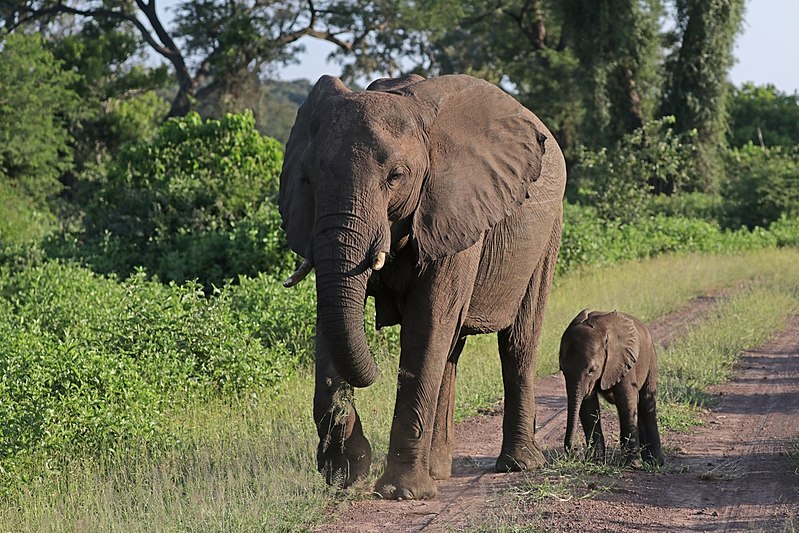Back in August at the CITES Conference of the Parties CoP18 the nations of the world voted to ban the export of live wild-caught elephants from Africa except in extraordinary circumstances. This was a “Big Win” for elephants.
In particular, this vote appeared to put to rest the controversy that had swirling for some time regarding the potential sale of over thirty baby or juvenile elephants in Zimbabwe. China had agreed to pay Zimbabwe millions for the elephants, supposedly to export to Chinese zoos.
Many observers believe China is attempting to set up its own breeding programs for elephants and rhino and other endangered species for nefarious commercial purposes. Regardless, suffice to say there are many reasons why the trade in live elephants is bad for the species, and for the individual elephants caught up in the trade.
Activists have been fighting this Zimbabwe-China sale for a long time so the CoP18 vote was seen, rightly, as a huge victory.
Reports, however, started surfacing recently that a Chinese delegation is currently in Zimbabwe and that the parties intend to move forward with the sale regardless of, or in defiance of, the CITES vote. You can read those reports here and here.
WildiZe created a video (Wild Caught Elephants Destined for China) to explain the issues available here.
The goings on behind the scenes are hard to follow, as their is a lot of secrecy. The latest report is from CNN:
“Wildlife activists in Zimbabwe are pushing to halt an alleged plan to sell 35 baby elephants to China and Pakistan as part of an ongoing row over wildlife exports.The sale has been in the works since last year, according to Advocates4Earth, an environmental lobby group that is suing the government over the alleged plan.Activists claim the shipment of the baby animals has only been delayed because of a High Court application filed in May this year. Zimbabwean wildlife authorities, meanwhile, deny they plan to sell the elephants. Back in May, the government revealed it had made $2.7 million from the sale of 90 elephants to Dubai and China. In June, President Emmerson Mnangagwa said the country needs to sell wild elephants to reduce its population of the animals and fund conservation efforts.Advocates4Earth, previously known as the “People and Earth Solidarity Law Network,” is trying to prevent further sales, but director Lenin Chisaira told CNN he has reliable information that the animals could be shipped Wednesday and Thursday.Zimbabwe sells elephants to China and Dubai for $2.7 million “The elephants are currently detained in Hwange (Zimbabwe’s biggest national park) but they are barring anyone, including us environmentalists and the media, from at least getting the details of the sale,” he said.Tinashe Farawo, a spokesman for the Zimbabwe Parks and Wild Life Management Authority, told CNN that no sale is planned.”The most important thing you need to know is we don’t sell them,” Farawo said, adding that baby elephants are normally captured for “management purposes” such as medical treatment.He said people are “selling stories” that are “fiction” but said he would not discuss a matter that is before the courts any further.In court documents seen by CNN, Advocates4Earth petitioned Harare’s High Court to prevent the sale. No date has been set for a hearing. The activists said that if the government goes ahead with the sale, it will not only be in contempt of court but also in violation of the country’s and international animal welfare regulations.Completing a sale when the matter is before the courts would “amount to reckless disregard of the court process,” People and Earth Solidarity Law Network said in the court documents.”Kindly advise your client to stop forthwith the translocation of elephants which is at an advanced (stage),” lawyers for the group later wrote to government attorneys.Chisaira cited a recent resolution at the Convention on International Trade in Endangered Species of Wild Fauna and Flora (CITES) meeting, which said elephants from Africa should no longer be sold outside the continent.Zimbabwe must sell or donate many of its wild elephants, President says“Although the agreement is not yet binding, Zimbabwe is trying to run ahead of time before the law is effected,” he said.”
WildiZe is staying on top of the story with the latest updates to keep our supporters informed.
